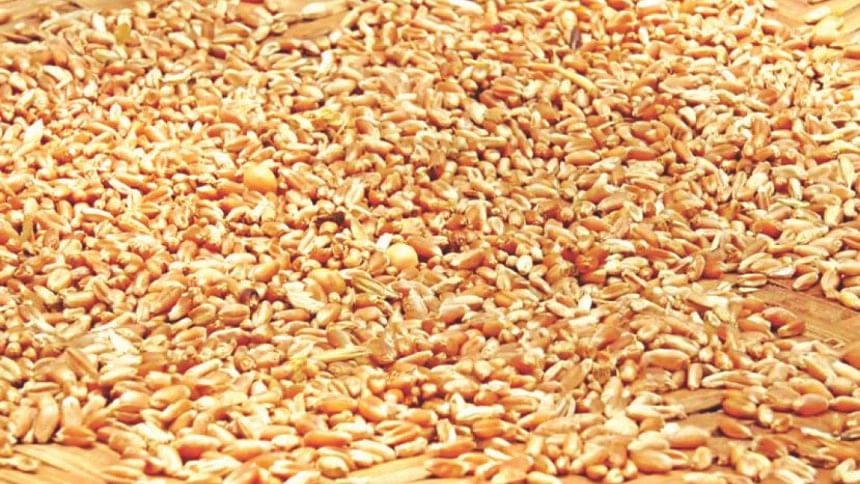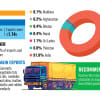Bangladesh rejects 50,000 tonnes of Russian wheat

The government has rejected yet another shipment of 50,000 tonnes of wheat imported from Russia on the grounds of poor quality.
The latest move came within a week of the rejection of two consignments of Russian wheat (weighing one lakh tonnes) on the same grounds.
Ilahi Dad Khan, director (procurement) at the Directorate of Food, yesterday told The Daily Star that upon tests carried on the latest consignment of wheat on April 27 "we informed the supplier ADM International that the wheat did not meet our specifications. We rejected it".
Bangladesh accepts wheat with a maximum of 0.7 percent foreign materials (non-grain particles) but the shipment had 0.93 percent foreign materials.
The test revealed that the wheat of the consignment had “test weight” of 74.8 hectoliter against Bangladesh's set standard of 76 hectoliter. It had 12.03 percent protein content against the standard of 12.5 percent, said food officials.
"Now that we've rejected it, the supplier has to take it back," Ilahi said.
A week ago the government rejected two consignments of wheat (each weighing 50,000 tonnes) sourced from Russia as it did not meet the set specifications.
A Russian official team visited Dhaka and Chittagong last week to know what was going on. Ilahi said the delegation returned home completely satisfied that "we followed due procedures in testing the imported wheat".
Asked about repeated incidents of Bangladesh being supplied with not-up-to-the-standard wheat, food officials in Dhaka said they have sought explanations from two suppliers -- ADM International and Phoenix Commodities Ltd -- whose three consignments had been rejected.
Russia, a major global wheat exporter, is the prime supplier country for Bangladesh.
Moscow apart, the grain quality issue and subsequent shipment rejections surprised many in Bangladesh's food ministry and food directorate since they consider Russia as one of the providers of the finest wheat.
Asked weather the supplying companies had anything to do with the quality issues, Ilahi did not rule out the possibility.
Public and private sectors have to import over three million tonnes of wheat a year to meet the annual demand as Bangladesh produces just over one million tonnes a year.
In recent months, Bangladesh's public sector wheat imports hit a snag as it rejected three shipments, involving 1,25,000 tonnes of French wheat, after the grains failed to meet the standard specified in the tender late last year.
Those rejections came after the government faced severe criticism for importing wheat from Brazil, some of which was found to be sub-standard.
Food officials, however, dispelled any concerns over immediate shortage of wheat in the domestic market due to the import hiccups. They said the government was buying 2 lakh tonnes of wheat from local growers on top of some 3 lakh tonnes of wheat already in stock.

 For all latest news, follow The Daily Star's Google News channel.
For all latest news, follow The Daily Star's Google News channel. 








Comments